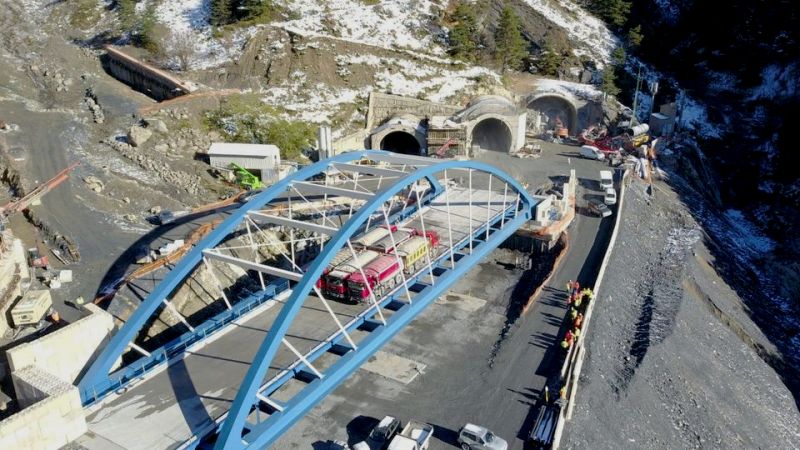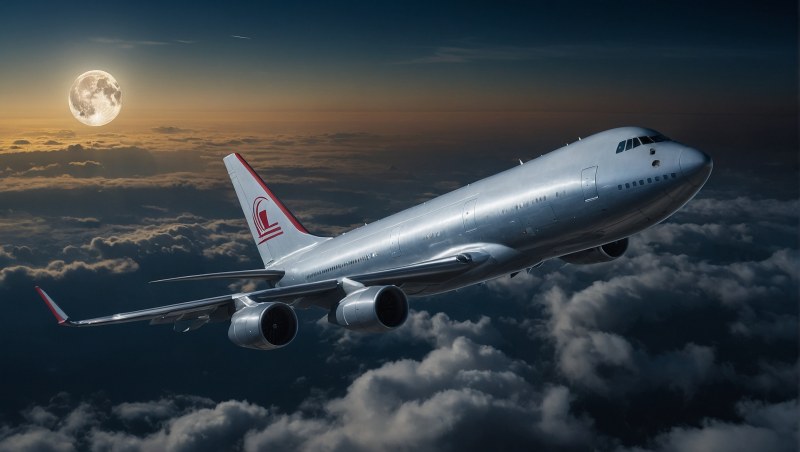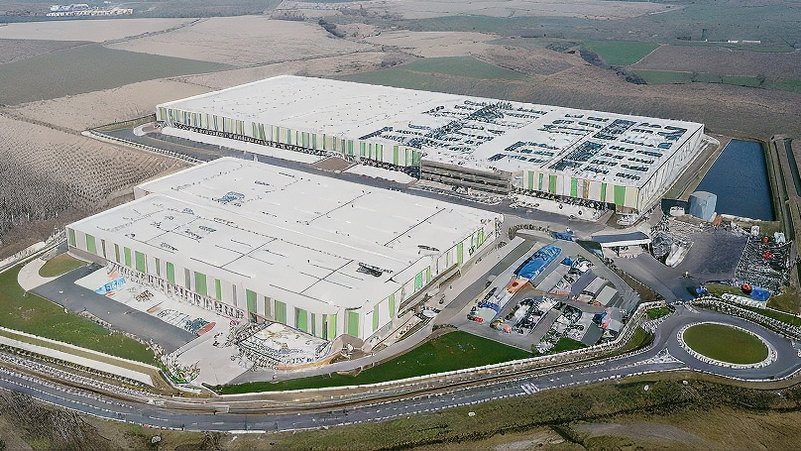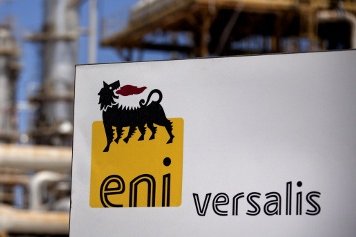The Dutch newspaper De Groene Amsterdammer has revealed a covert network funneling embargoed microchips to Russia, Iran, and even the Houthi rebels amid the ongoing war in Ukraine. These chips, now on the European restricted goods list due to their potential use in warfare technology like kamikaze drones employed by Russia and Houthi insurgents, are still being easily purchased and swiftly transported from Europe to Iran via trucks, and subsequently distributed globally.
Post-Ukraine conflict, strict checks are imposed on Iranian industrial vehicles heading to Europe, but their return journeys to Iran are largely unhindered. This lax oversight enables drivers, working for companies directly or indirectly managed by Tehran's regime, to smuggle hundreds of chips in their vehicles. Monthly, numerous Iranian trucks laden with steel, food, and chemicals head to Europe. In 2023, the Netherlands, Italy, and Germany imported goods worth €33 million, €52 million, and €104 million, respectively, from Iran. Conversely, since sanctions, Dutch exports to Iran have skyrocketed from €233 million to €673 million, inadvertently boosting trade relations and opening new smuggling routes for banned goods.
The Dutch newspaper's investigation also highlighted the ease of procuring and transporting these sanctioned microchips beyond EU borders. Journalists purchased GPS-tracked chips from a German online portal and entrusted them to Hassan, an Iranian trucker implicated in illicit trades but willing to assist in the investigation. He revealed that trucks from Iran undergo stringent checks for narcotics but face minimal scrutiny on their return, focusing mainly on paperwork rather than physical cargo inspection.
Hassan's journey, monitored by the journalists through transmitters, covered 2,700 km in four days across Germany, Austria, Hungary, Romania, and Bulgaria, reaching Edirne, Turkey, before heading to Tehran. This route underscores the Persian Gulf International Transportation, a major Iranian transport agency with a former high-ranking commander of the Islamic Revolutionary Guard Corps on its board, suggesting the Iranian government's active involvement in these illegal transfers.
Once in Iran, these chips potentially aid in manufacturing weapons for the Houthi rebels, mirroring the kamikaze drones used in Ukraine and Russia.
In the past year, Caspian Sea naval traffic has surged by 70%, becoming a vital link between Moscow and Tehran. Putin recently announced funding for a new railway line, part of a north-south artery project connecting Russian Baltic ports with Persian Gulf ports, further cementing this illicit trade route.



































































